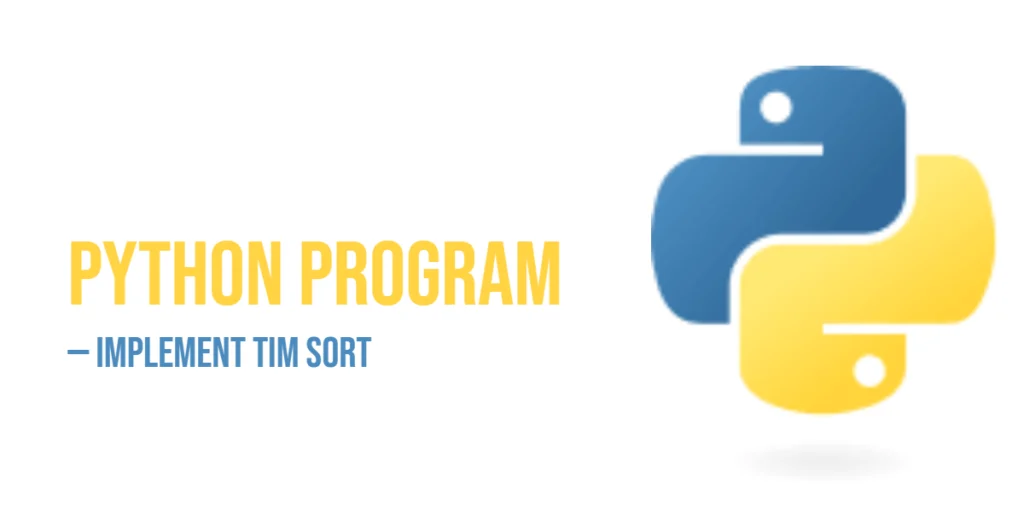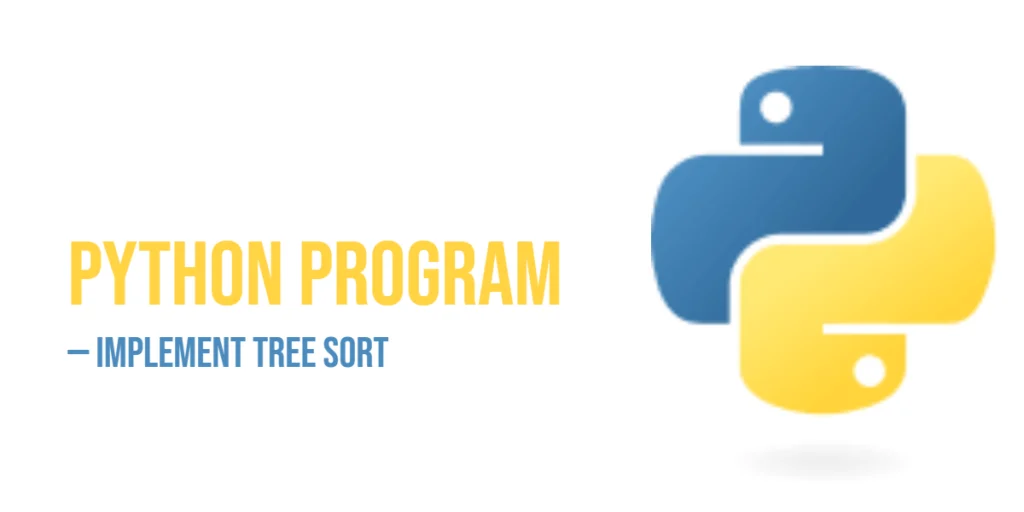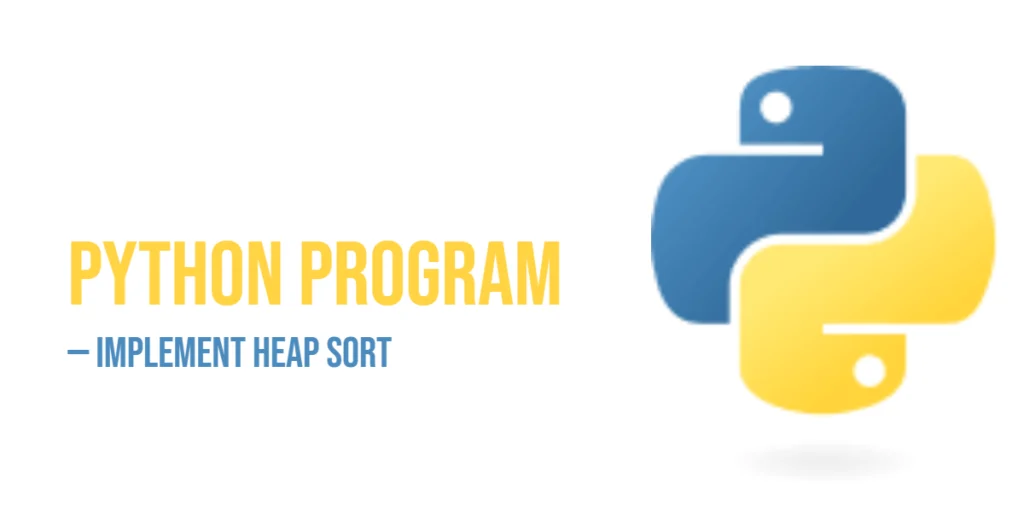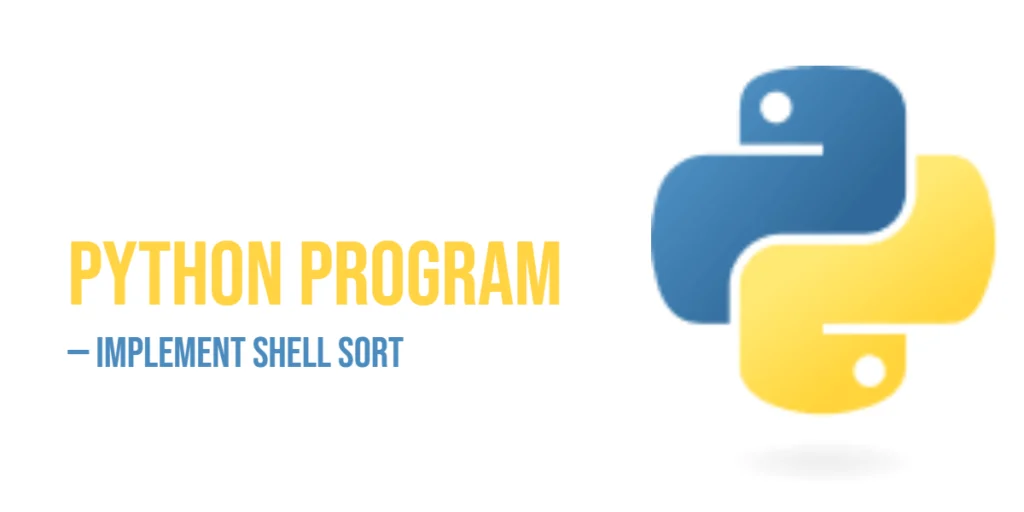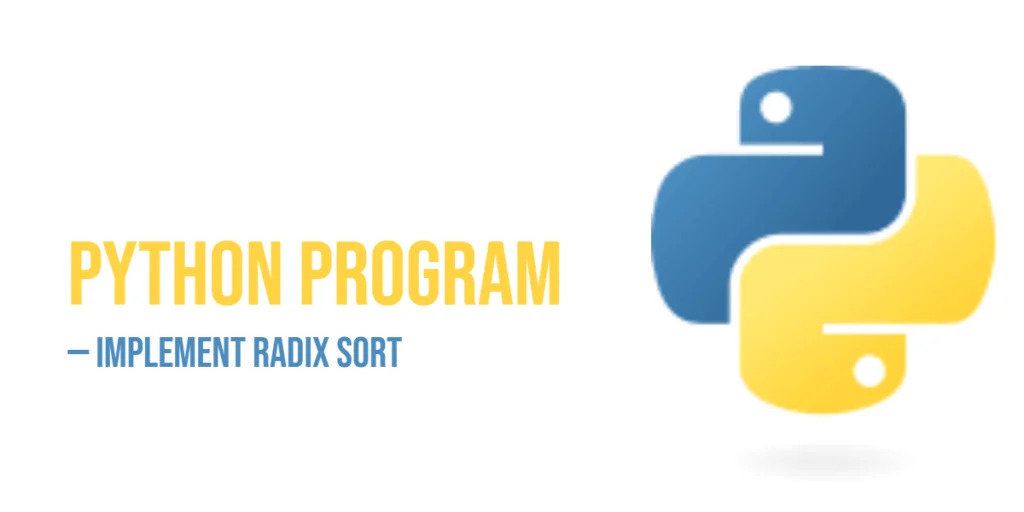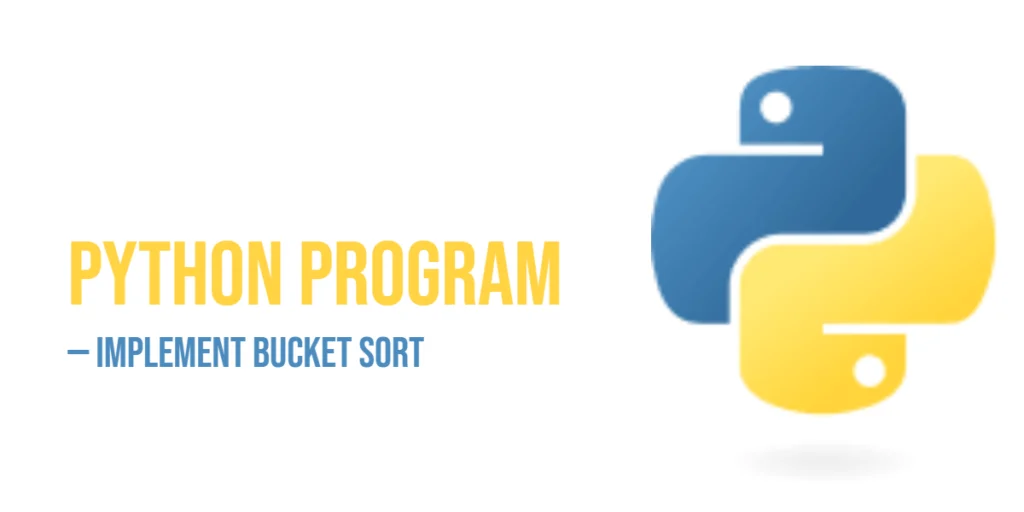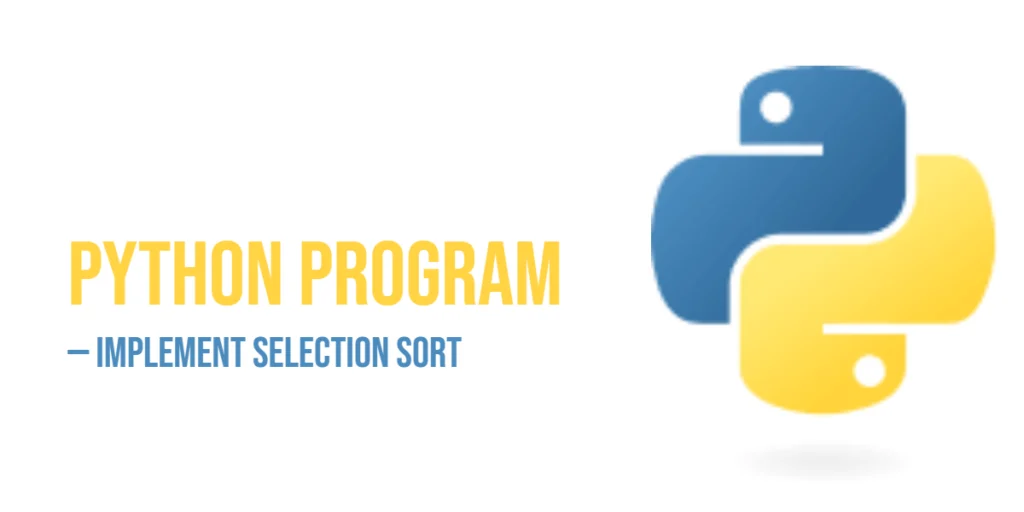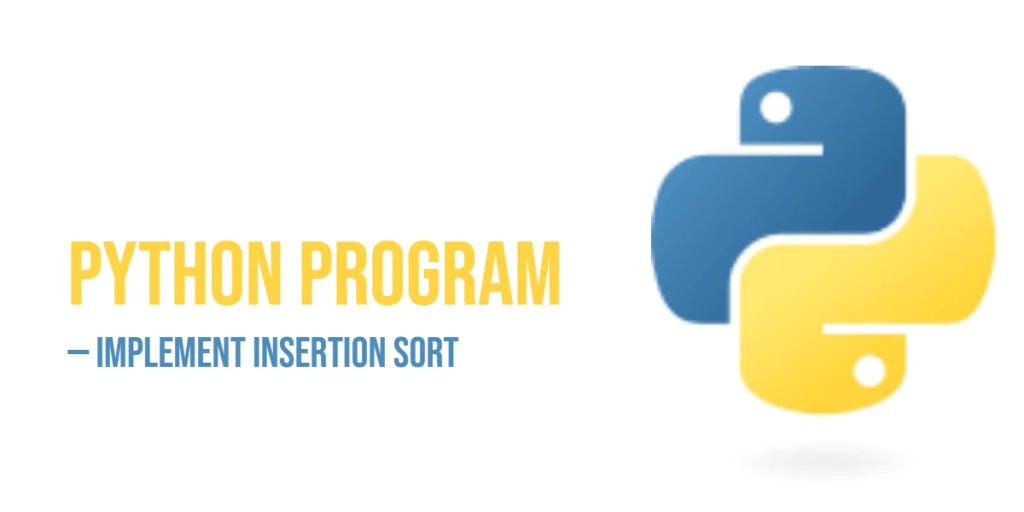Python Program to Implement Tim Sort
Sorting is an essential skill for any Python programmer, and knowing efficient algorithms can make your programs faster and more reliable. One of the most powerful and practical sorting algorithms is Tim Sort. Tim Sort is a hybrid algorithm that combines the simplicity of Insertion Sort with the efficiency of Merge Sort. It is designed […]
Python Program to Implement Tim Sort Read More »
